The world loves stories like this. They are the stuff that bestsellers are made of, the stuff that makes up those big Hollywood kisses in the rain. Julia Roberts runs through New York. Leonardo DiCaprio sinks into the ice-cold ocean. Rachel kisses Ross at Central Perk, while a warm jazz melody plays in the background.
It’s the idea of “true love” – that one fateful encounter that divides our lives into a before and an after. It’s the dream that somewhere out there is someone waiting for us who completes us.
But what if it’s all just a fairy tale? A romantic construct that does us more harm than we realize?
The chemistry of falling in love – and why it deceives us
When we meet someone who triggers something in us, the magic often begins quite banally – in our head.
Neurobiologist Dr. Larry Young describes infatuation as a kind of biochemical cocktail served in our brain. Dopamine, which makes us euphoric. Oxytocin, which makes us feel close. Serotonin, which gives us that strange tingling sensation in our stomach.
“When we are in love, our brains work similarly to when we are high on drugs,” explains Young. “It is a state of intoxication that makes us believe we have found something extraordinary.”
In a study conducted by Rutgers University (2011), Young scanned the brains of couples newly in love and found that the activity in the reward center was extremely high – comparable to the effect of cocaine. Everything glows, everything shines. But as with any drug, the high is followed by a crash.
Because the brain cannot maintain this state. After about 12 to 24 months, the biochemical magic wears off. The high fades. Reality returns. In this case, it is bad if this only happens to one person of the two, but it is often only a matter of time.
The power of stories – why we want to believe in the myth
We could resign ourselves to the fact that love is not always fireworks, but sometimes just a quiet glow. But we don’t. Instead, we keep chasing that feeling, that “more,” that great, all-encompassing love.
Why?
Maybe because we humans are storytellers. We need narratives to make sense of the world and give meaning to our lives. And what could be a better story than that of two souls destined for each other?
Sociologist Eva Illouz describes in her book Why Love Hurts (2012) how popular culture has been feeding us this idea for decades. Movies, books, songs – they all tell us that love must always be dramatic. That when we meet someone, it is destiny. That there is only “the one person” who really understands us.
“Love has become a commodity,” writes Illouz. “It is marketed and sold, and we all buy it – sometimes without even realizing it.”
This romantic narrative is instilled in us from an early age. Even Disney princesses know that the prince will come, and when he does, everything will be fine. But what if the prince never comes? Or, even worse, what if he comes but doesn’t stay?
When the great love fades – what remains?
Maybe we have to learn that love is not always like in the movies. That sometimes it is quiet, unspectacular. That it doesn’t always play the main role, but sometimes only a small supporting role in our lives.
Therapist Esther Perel put it aptly:
“We used to expect security and companionship from a relationship. Today, we expect one person to be everything: our best friend, our passionate lover, our soul mate. No wonder so many relationships fall apart because of that.”
The truth is: love is rarely a finished picture. It’s more of a puzzle where a few pieces are always missing.
We often romanticize the beginning of a relationship – the first meeting, the first kisses, the nights when you don’t want to sleep because talking is more important. But the real art may not lie in the beginning, but in sticking with it.
Not every love is passionate. Some love is more embers than flames. Sometimes it’s not about having butterflies in your stomach all the time, but about choosing someone again and again – even on the days when life is gray.
There may not be one great love – but there is real love
Maybe it’s time to let go of the myth of “true love”.
Maybe there isn’t “the one person”. Maybe there are many people with whom we could build something real. Maybe love is not destiny, but a decision.
Maybe we have to stop looking for perfection and start loving the imperfect.
And maybe that’s what true love is: not the one big dramatic moment, but the many small, quiet moments in between.






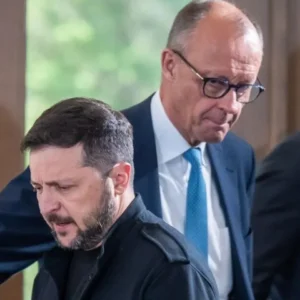

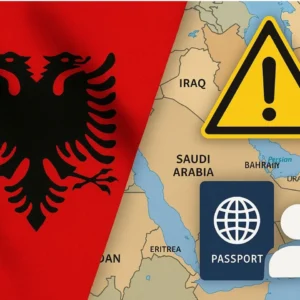

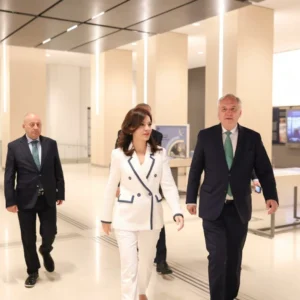
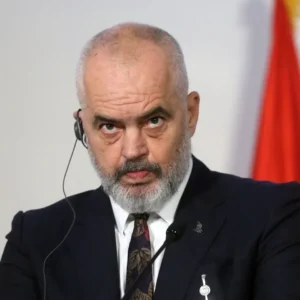
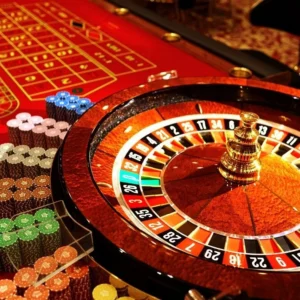
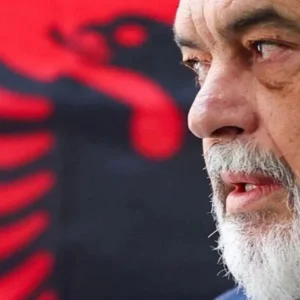
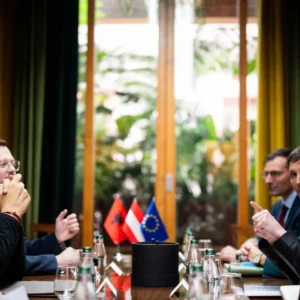
Recent Comments